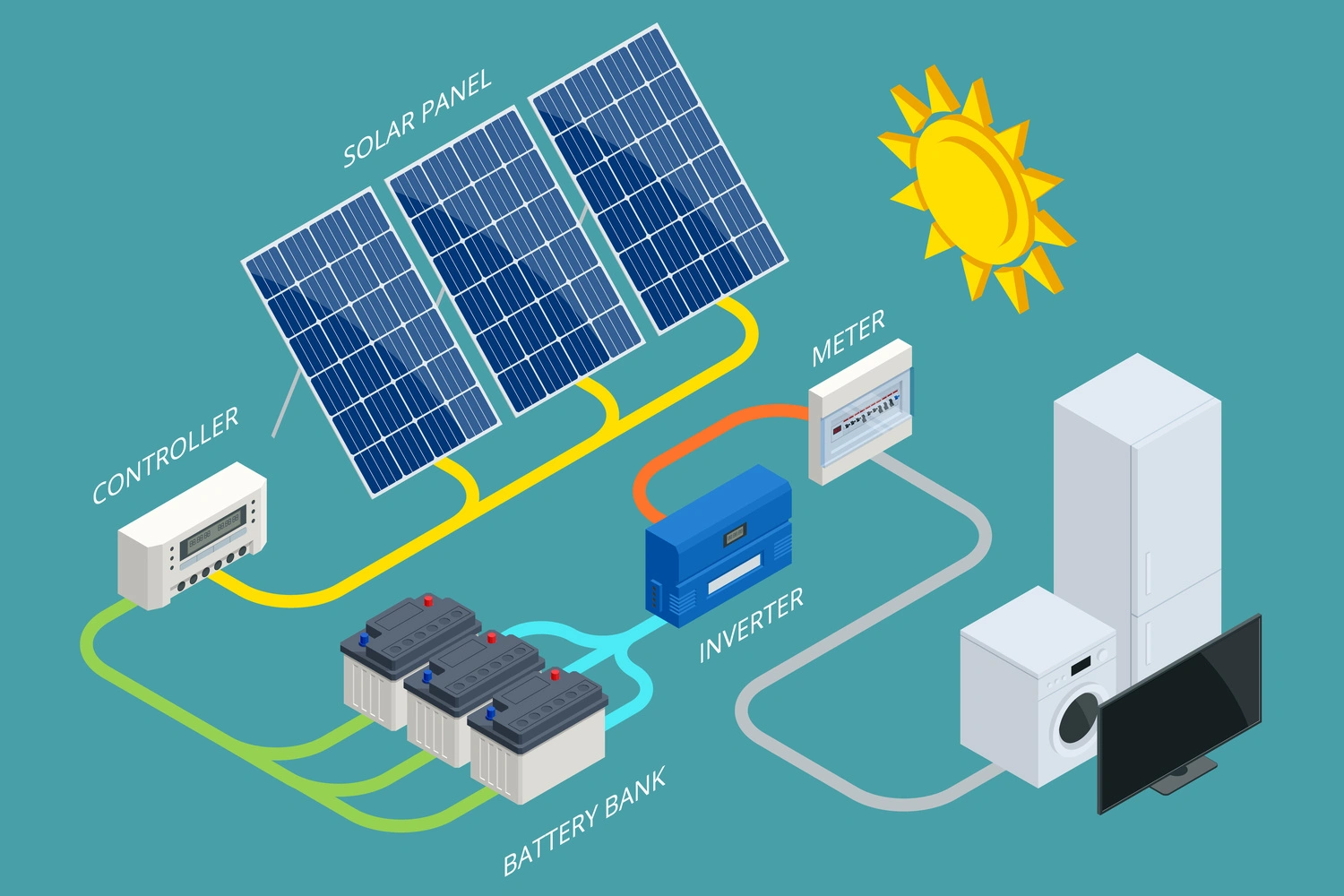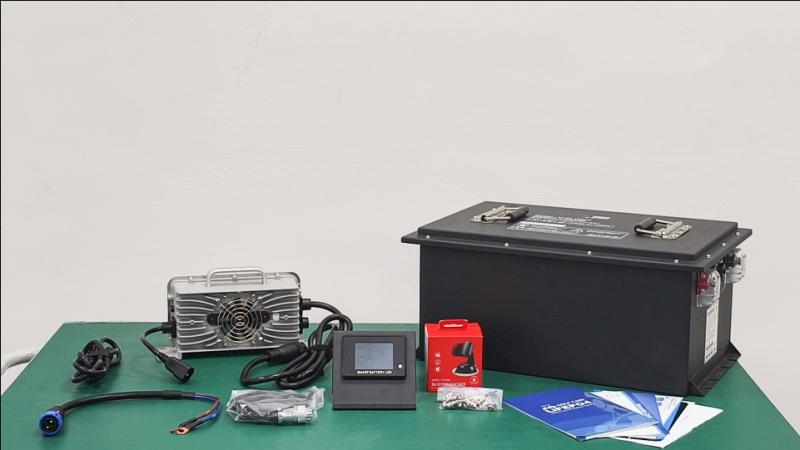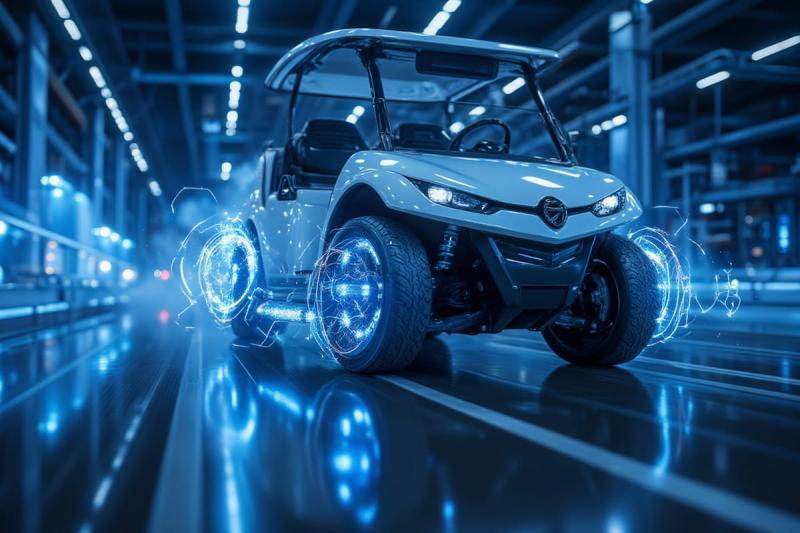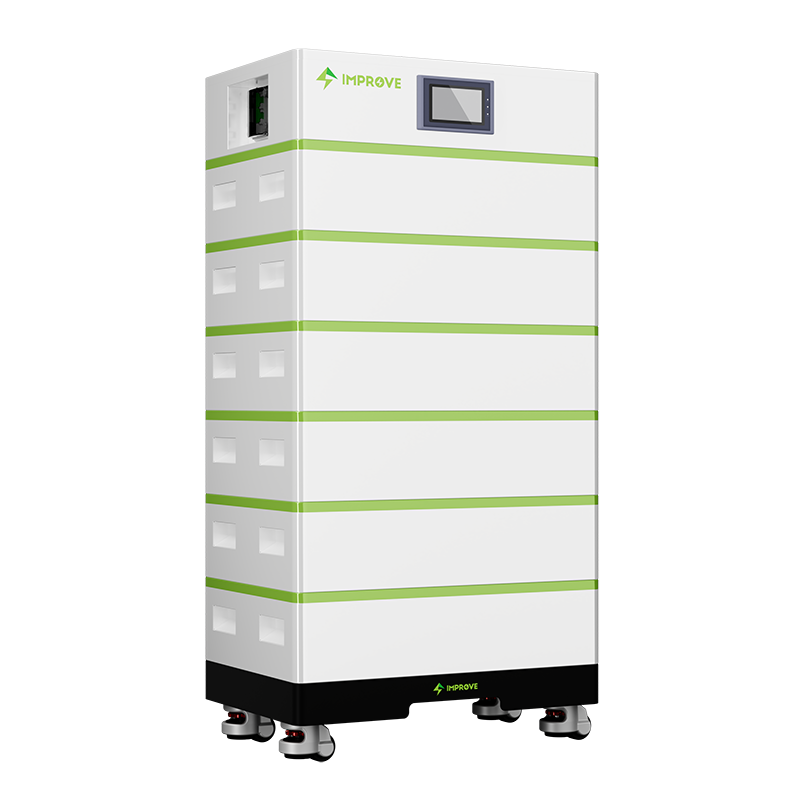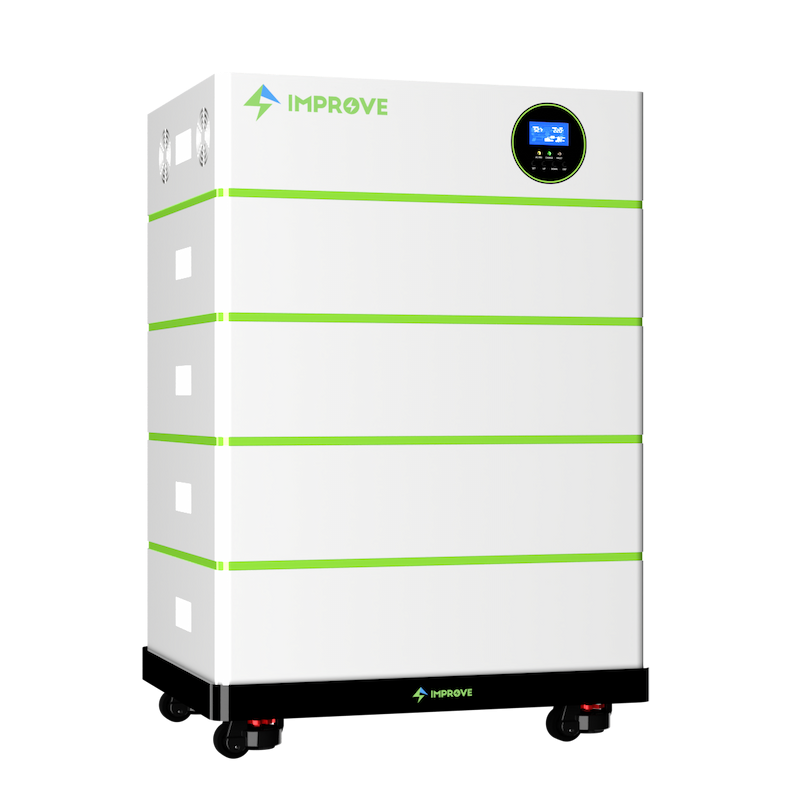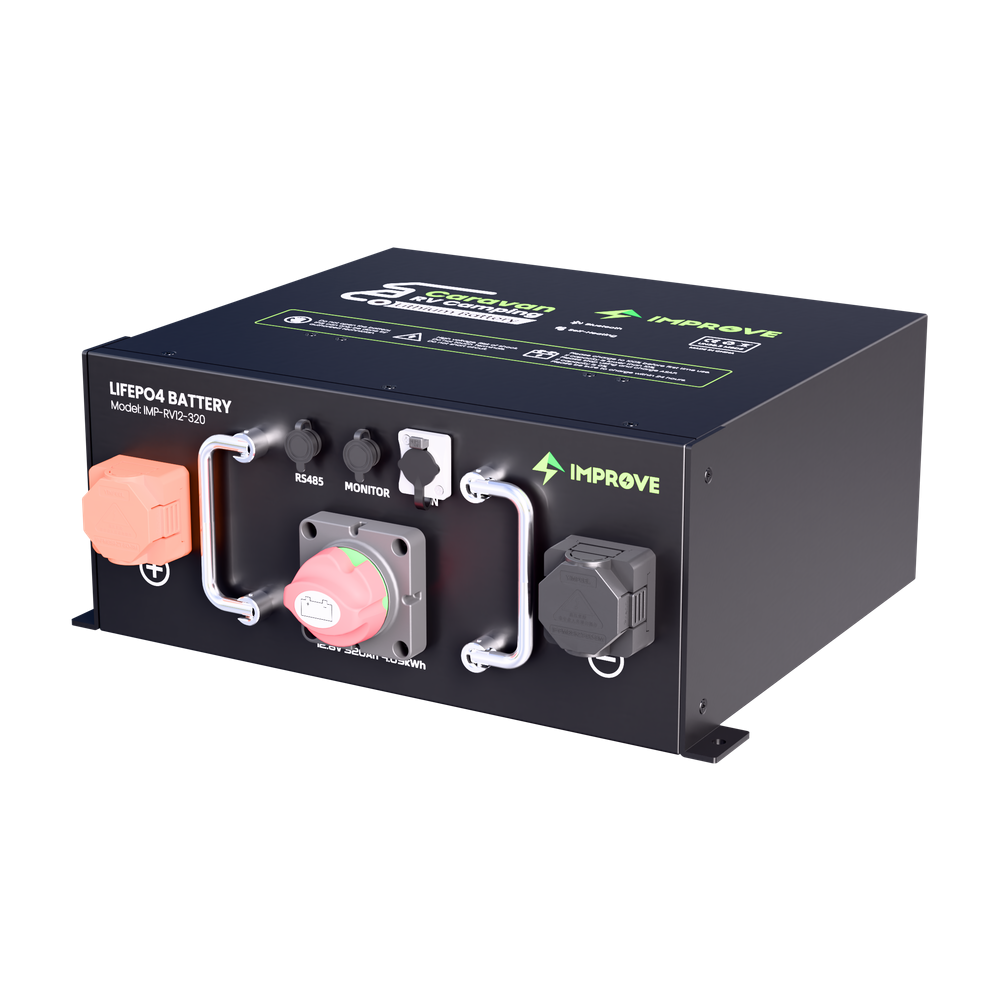Lithium batteries, including lithium-ion batteries and lithium iron phosphate (LiFePO4) batteries, don't necessarily require a special inverter specifically designed for lithium batteries. However, the compatibility between the inverter and the battery system is essential to ensure proper functionality, safety, and efficiency.
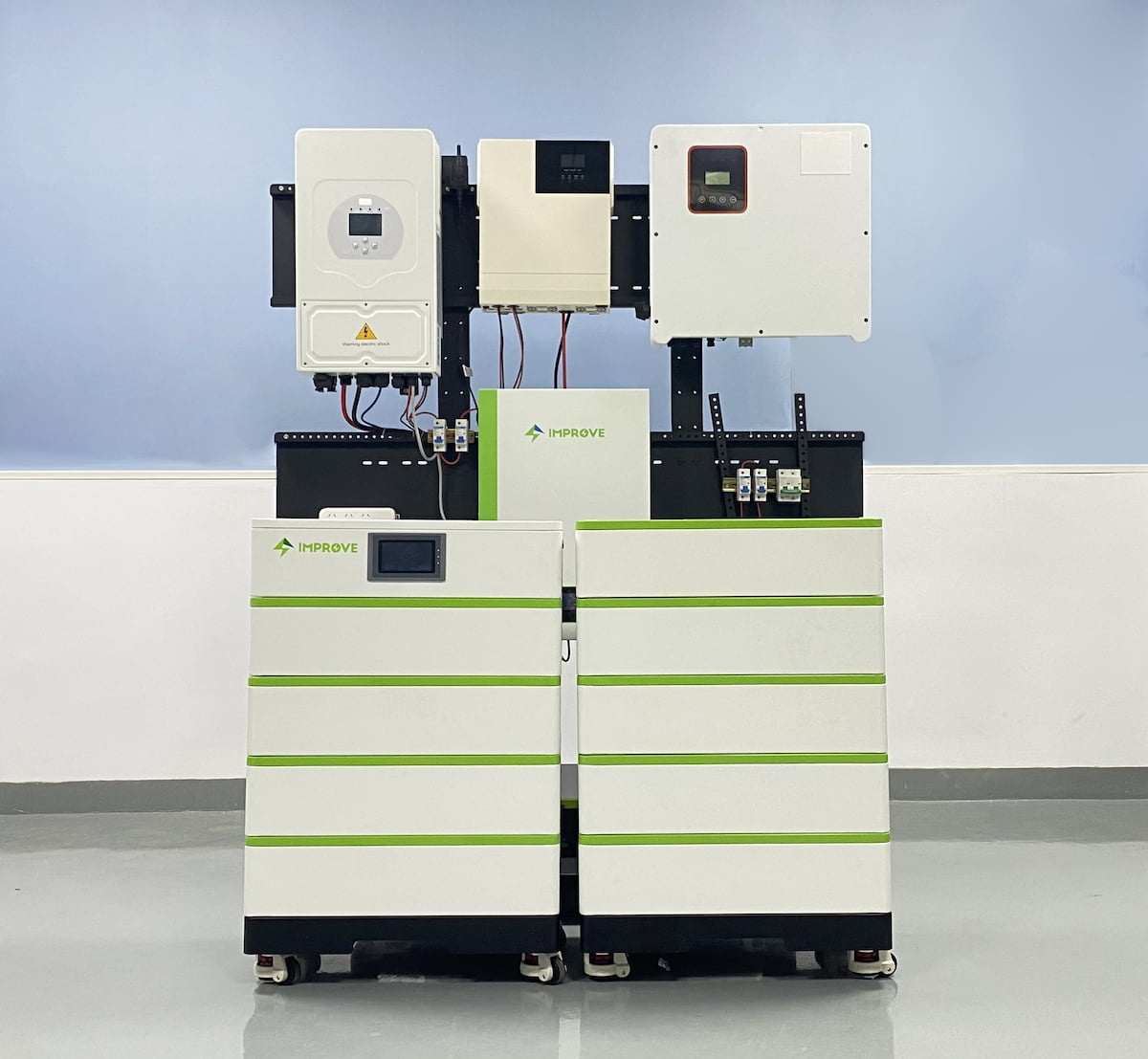
Inverters are devices that convert direct current (DC) electricity into alternating current (AC) electricity, which is suitable for powering most household appliances and devices. When using lithium batteries for energy storage in residential or commercial settings, it's crucial to match the battery system's specifications with a compatible inverter.
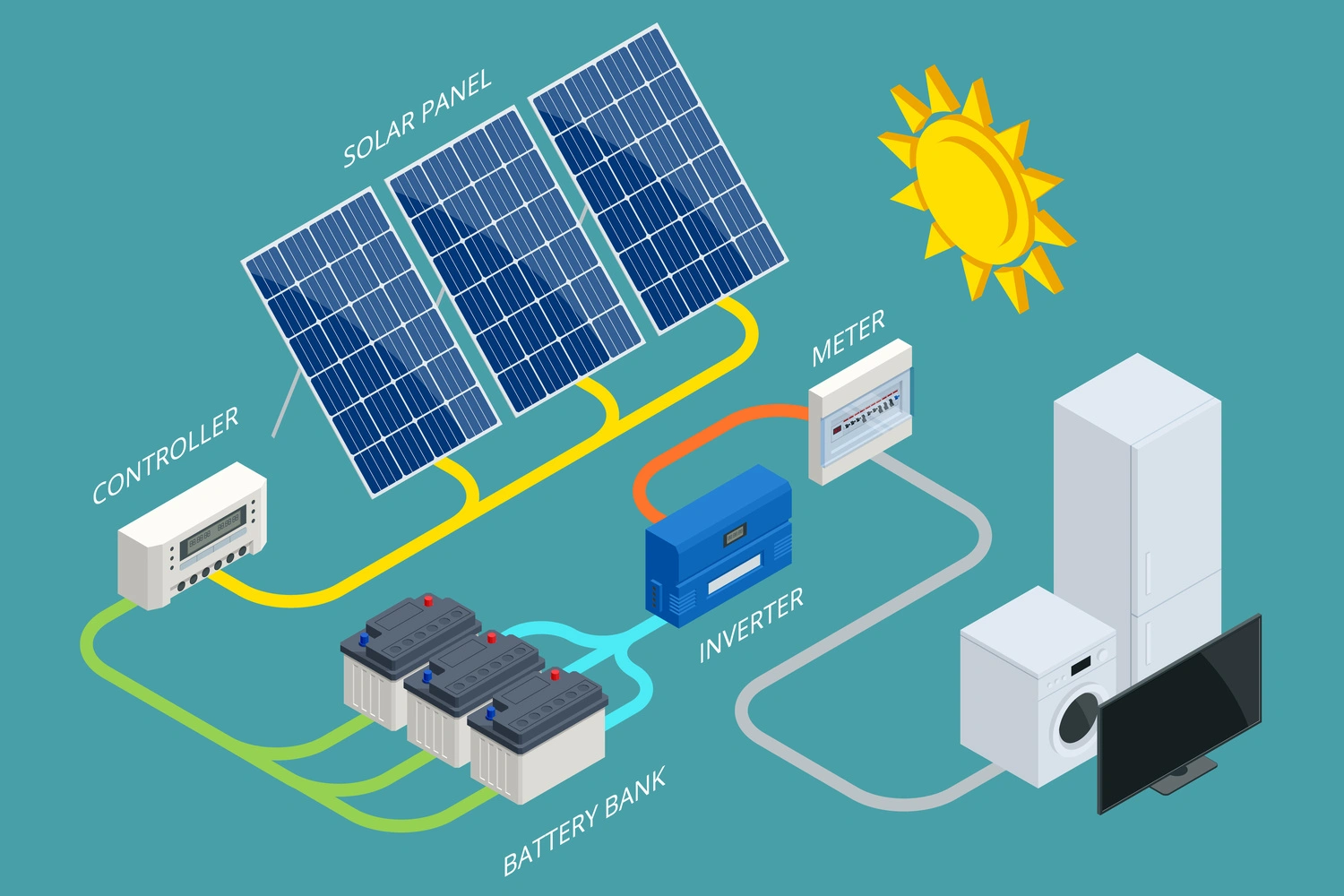
Here are some key considerations:
1.Voltage and Capacity Compatibility: LiFePO4 batteries have specific voltage ranges and capacities. Ensure that the inverter's input voltage and capacity ratings align with the output specifications of the LiFePO4 battery to ensure proper charging and discharging.
2.Inverter Type: Depending on the setup, you might use a dedicated battery inverter designed specifically for handling the charging and discharging of batteries or a hybrid inverter that supports both solar panels and battery storage. Ensure that the inverter is compatible with LiFePO4 chemistry and has the necessary features to manage the charging and discharging cycles efficiently.
3.Communication and Control: Advanced LiFePO4 batteries often come equipped with a Battery Management System (BMS) that monitors and regulates charging, discharging, and overall battery health. Ensure that the inverter supports communication protocols compatible with the LiFePO4 battery's BMS for better control and optimization of the system.
4.Installation and Wiring: Follow the manufacturer's guidelines and instructions for proper installation and wiring of the LiFePO4 battery to the inverter. This includes making appropriate electrical connections, ensuring correct polarity, and using the recommended cables and connectors.
5.Inverter Configurations: Some inverters have specific settings or configurations optimized for use with LiFePO4 batteries. These settings may include charge profiles, voltage settings, or other parameters that can be adjusted to maximize the battery's performance and lifespan.
6.Safety Considerations: Always prioritize safety when connecting the battery to the inverter. Ensure proper grounding, follow electrical codes and guidelines, and consider consulting a certified professional for installation, especially when dealing with high-voltage systems.
7.Manufacturer Recommendations: Manufacturers often provide compatibility guidelines and recommended inverter models suitable for use with their LiFePO4 batteries. Following these recommendations can help ensure a well-matched and reliable system.
When installing a lithium battery system, manufacturers often provide recommendations or even specific models of inverters that are compatible with their battery products. Working with certified professionals or following manufacturer guidelines is crucial to ensure the correct pairing of lithium batteries with a suitable inverter for optimal performance, safety, and longevity of the system.


